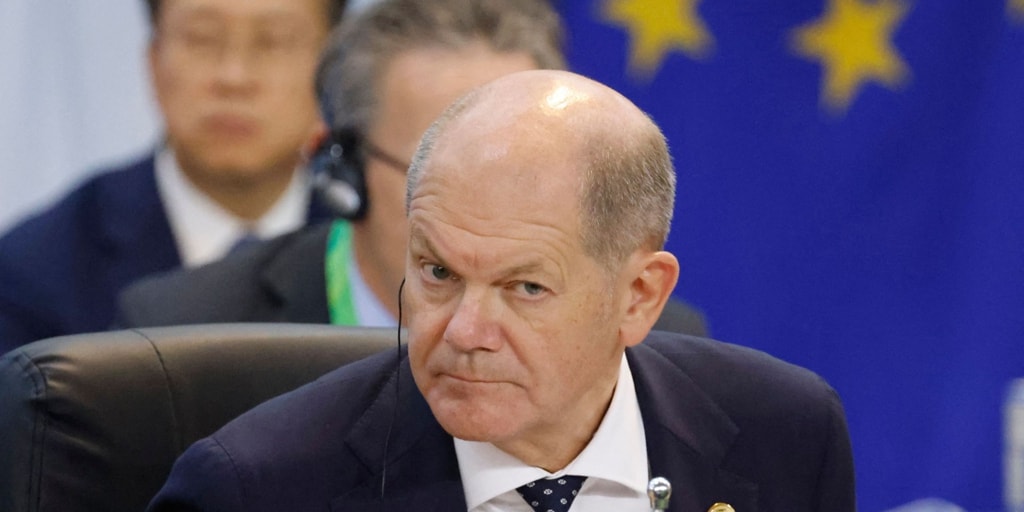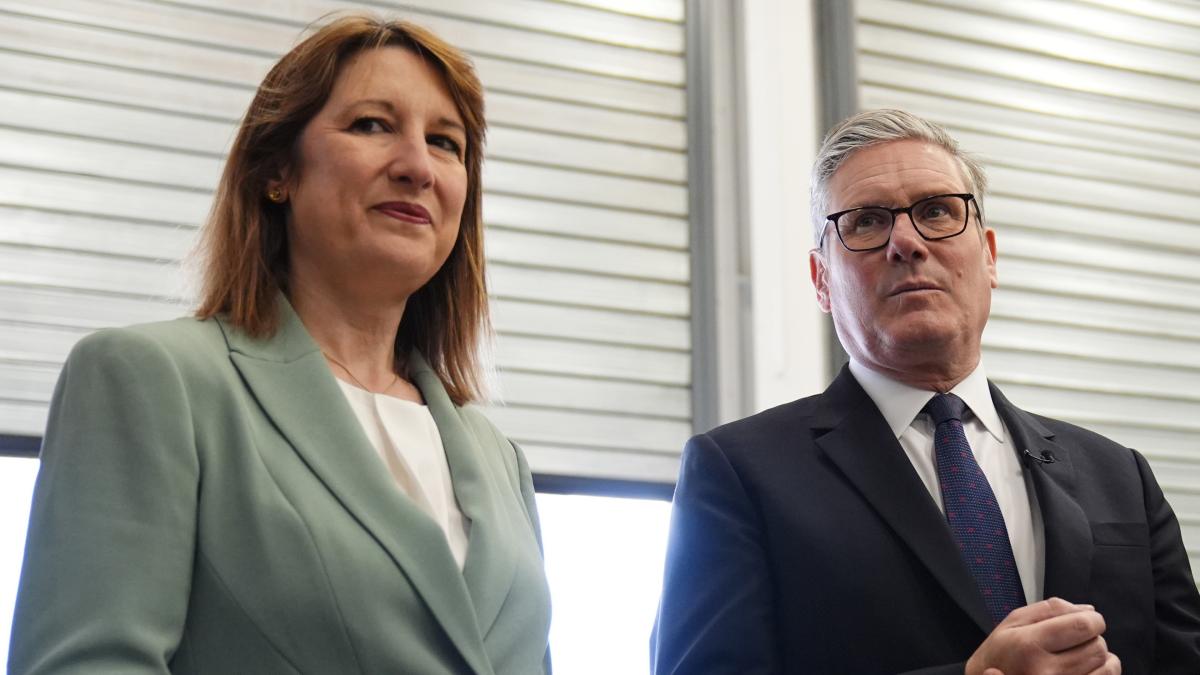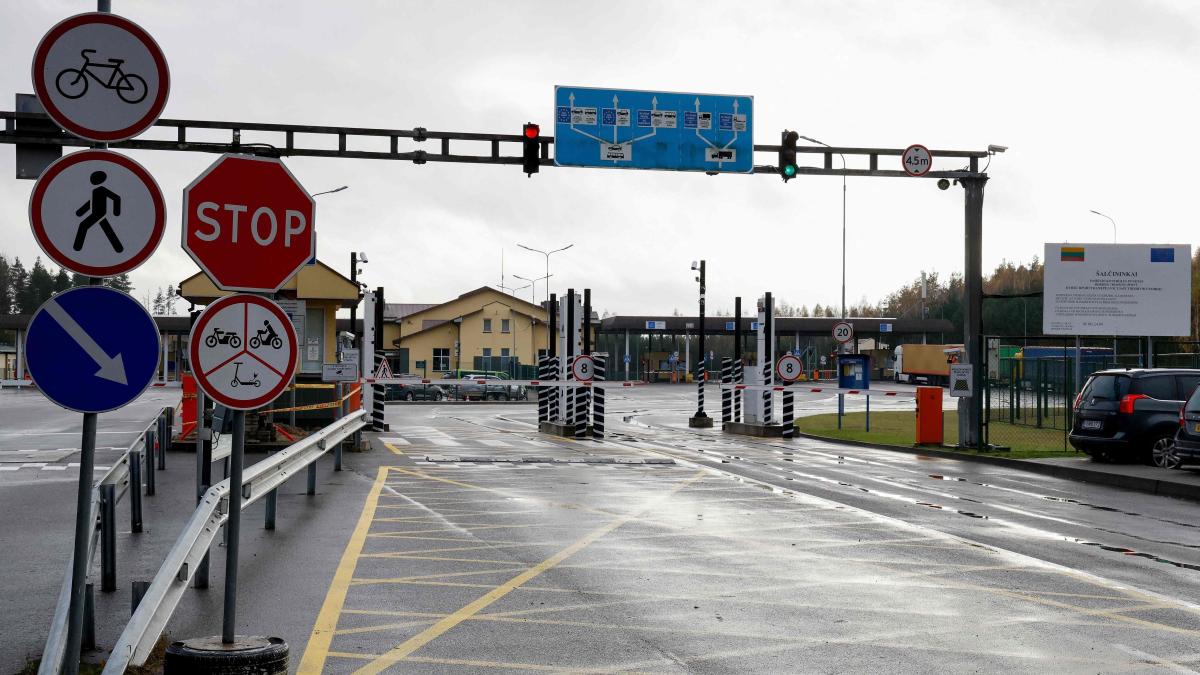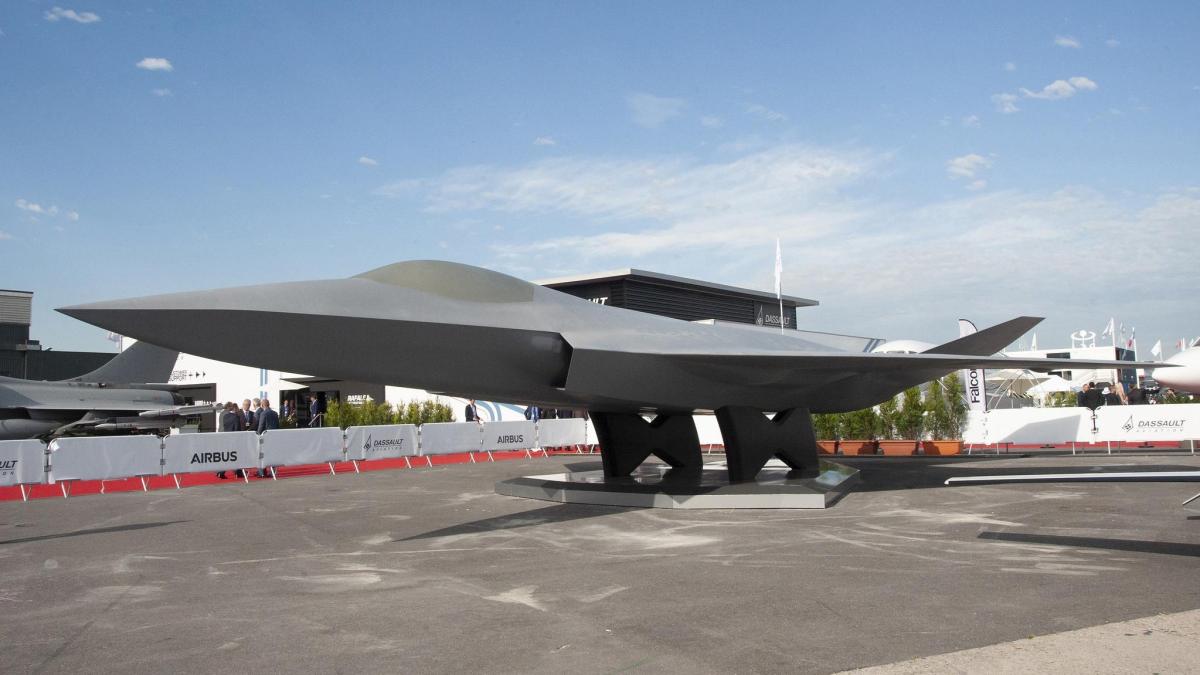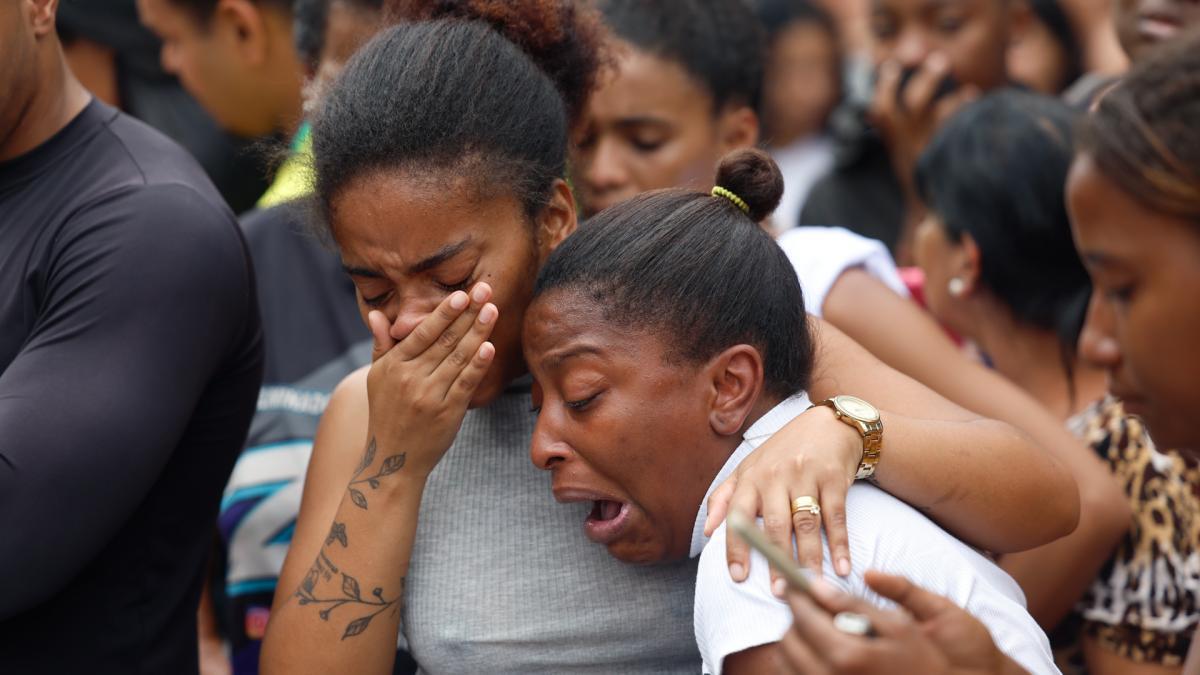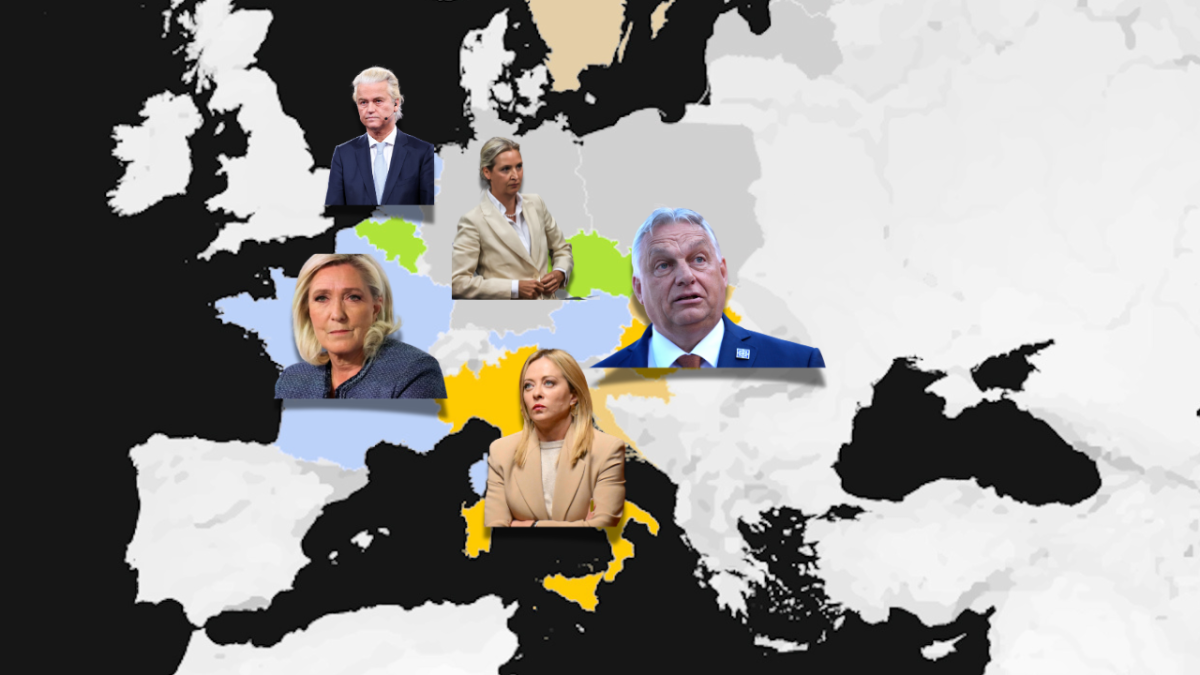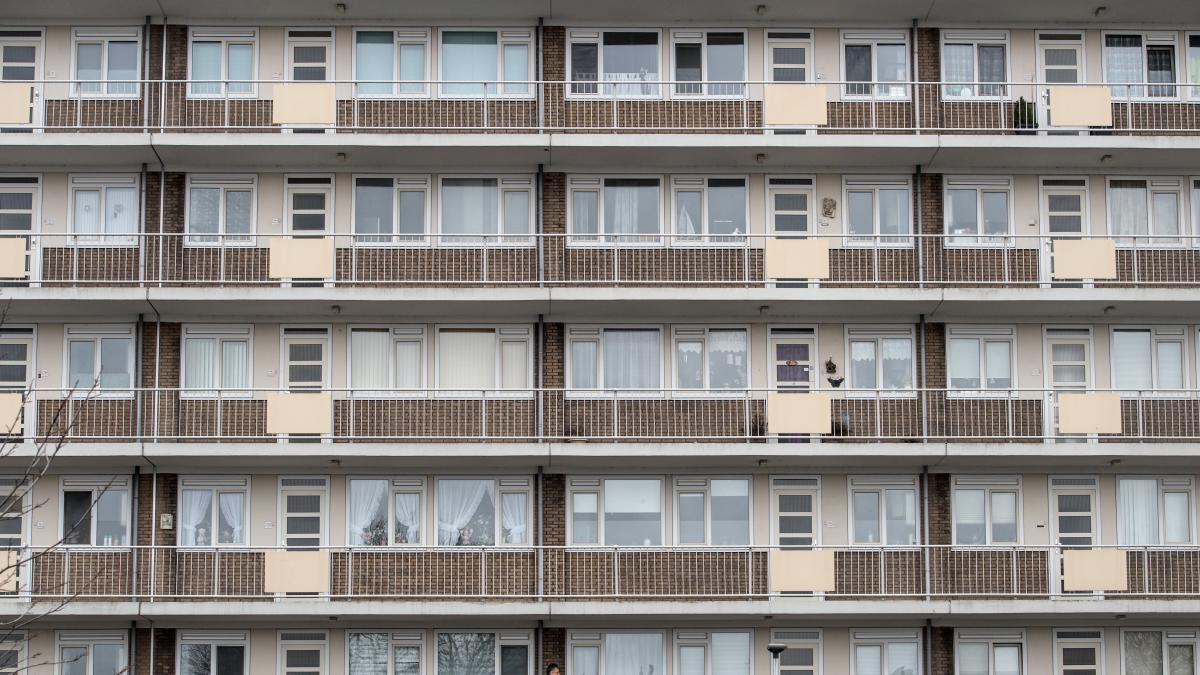In a surprising twist of political fate, German Chancellor Olaf Scholz is set to receive unexpected backing from far-right deputies in the upcoming confidence vote scheduled for December 16. This unlikely union raises eyebrows and poses intriguing questions about the underlying motivations driving the Alternative for Germany (AfD) toward collaboration with the social-democratic leader.
Russian Influence or Right-Wing Positivism?
The German government’s response to this development highlights persistent fears regarding Russian influence within the AfD, reiterating the longstanding suspicions that these far-right ranks may serve as pawns in a broader geopolitical chess game. Observers recall Russia’s strategic attempts to destabilize the political fabric of European states, particularly influencing parties that thrive on anti-immigrant sentiment and nationalistic fervor.
As Olaf Scholz braces for a rocky vote that could signal an unraveling of his coalition government and lead to early elections, the alignment of far-right deputies raises critical discussions. Is this a meaningful endorsement reflecting a shared agenda, or merely a tactical maneuver by the AfD to push their interests while undermining longer-established political order?

Understanding the AfD’s Position
The Alternative for Germany (AfD), which has recently seen a resurgence in public support amid rising concerns over immigration and perceived loss of national identity, thrives on Euroscepticism and fiery anti-immigrant rhetoric. Established in 2013, the AfD has progressed from a small protest party to one of the key players in the parliamentary landscape, frequently being classified as a right-wing populist movement.
Yet, beneath the surface, there lie deeper ideological currents. The AfD aligns with far-right politics that emphasize nativism, cultural purity, and often an exclusionary vision of society. These tenets resonate strongly with segments of the electorate disillusioned with traditional parties, providing fertile ground for their views and desires to manifest politically.
On December 16, as Scholz seeks to assure his position as chancellor, the voice of the AfD—echoing with narratives of exclusivity and traditionalism—will create an interesting dynamic. Can Scholz navigate these turbulent political waters and emerge as a stabilizing force, or will he become entangled in the very ideologies he detests?
Scholz’s Political Challenges
Focusing on Scholz’s leadership and his response to such divisions within the Bundestag reveals much about his political strategy. Since taking office in 2021, Scholz has attempted to position himself as a pragmatic leader who oversees Germany’s comeback from the pandemic’s socio-economic fallout. However, as the political landscape shifts and his coalition faces fractures, confidence in his leadership is waning.
Amplifying political tensions is the recent judicial demand for significant budget cuts that could further destabilize his cabinet and lead to discontent among his supporters. As allegations of government inefficiency grow and public trust declines, voting dynamics are likely to spiral into uncertainty.
A Looming Crisis?
As the date of the confidence motion approaches, expectations are mounting. With the AfD’s unexpected support and the wavering stability of Scholz’s coalition, the shadows of impending elections loom large. A failure in this confidence vote could plunge Germany into early elections, exacerbating existing fractures and potentially giving rise to far-right parties that stand on the fringes of mainstream politics.
Coupled with the AfD’s politically charged anti-immigration platform and viral disinformation campaigns, what refugees, minorities, or progressive policies face in such an electoral shift is profoundly troubling.
The Broader Implications
This confidence motion not only signifies a pivotal moment for Scholz but for Germany’s political trajectory as a whole. With growing fear of populist rhetoric suffocating the democratic discourse, will the channels of collaboration be expanded, or will the turbulence advance a far-right agenda steeped in divisive politics?
The coming weeks will reveal much about the contemporary German political identity: Are there deeper ties binding this extraordinary alliance between the social-democratic faction and the far-right deputies, and can Scholz reclaim authority in a landscape continually tested by the politics of division?
This unfolding narrative resonates within the broader spectrum of European politics, illuminated by the crumbling structures of traditional representation while giving voice to the far-right—where loyalty is transactional, and the future of political alignment appears to be a renaissance of old ideologies veiled in the new clothing of necessity.

